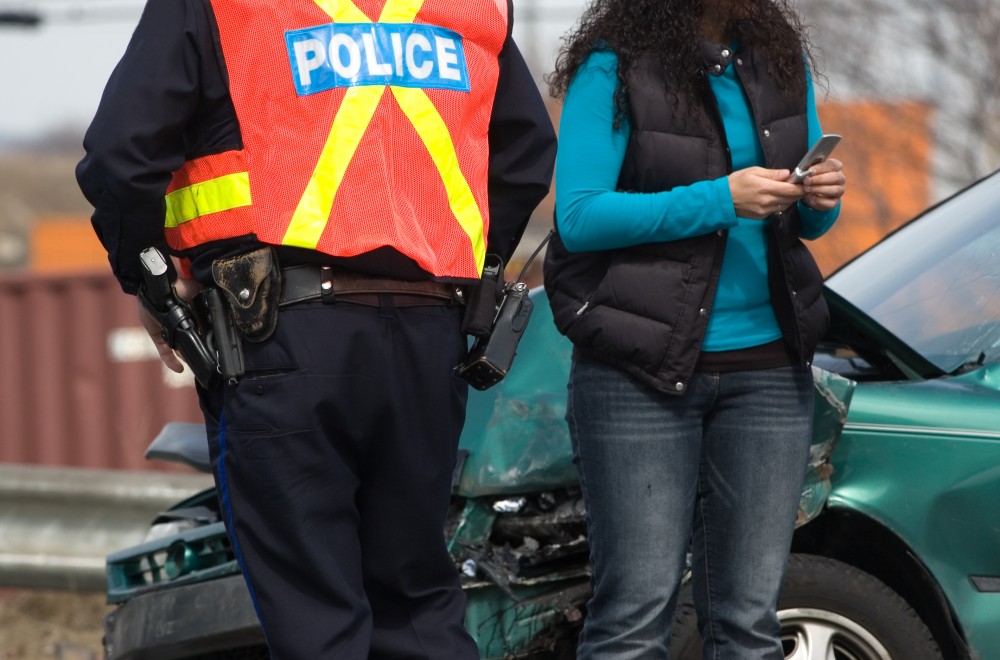Sanctuary cities are good for all the people who live there
Turning local police into ICE agents makes everyone less safe.

When Texas legislators cracked down on so-called sanctuary cities last month, they said they wanted to get dangerous undocumented immigrants off the streets. But Houston’s police chief warned that the law would end up making Texas communities less safe. Art Acevedo said that lawmakers were asking him to go after “cooks and nannies instead of hardened criminals.” He added: “We don’t have the resources . . . nor the desire to be [Immigrations and Customs Enforcement] agents.”
Police officers understand that their work fighting crime is more effective when they aren’t also enforcing immigration laws. That’s why about 600 jurisdictions across the nation—including cities, counties, and states—have formally limited police involvement with ICE. These locales have been labeled sanctuaries, but that term misleadingly suggests that they shelter criminals or defy federal rules. In fact, police in these jurisdictions want to focus on the most dangerous criminals rather than on undocumented people who are just going about their everyday lives. Police know that if they act as ICE agents, turning routine traffic stops into deportation proceedings, they will lose the trust and cooperation of immigrant communities, which will undermine public safety for all. Police also know that undocumented immigrants are no more likely to commit crimes than the rest of the population.
The Police Executive Research Forum, a defender of sanctuary jurisdictions, cites the case of the undocumented man in Tucson who encountered a person trying to steal a car with children inside. The immigrant held the criminal long enough for police to arrive, then cooperated with detectives in the investigation. It’s unlikely he would have gotten involved at all if he feared being charged and jailed for a violation of immigration law. The PERF also points to the work of a Catholic agency in Laredo, Texas, which provides shelter to victims of domestic violence, including women who are undocumented. Because the shelter has established trust with the police and the women, victims are willing to report crimes and more offenders are identified and prosecuted.




